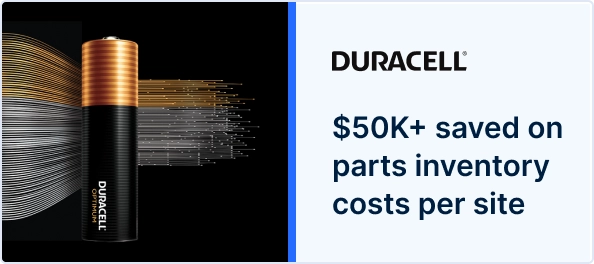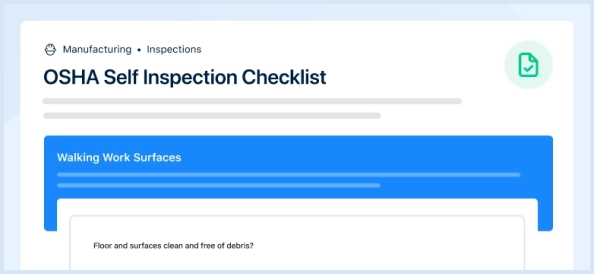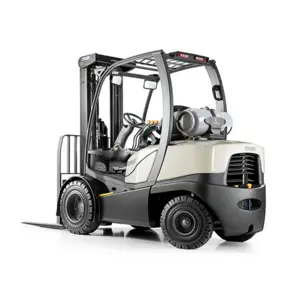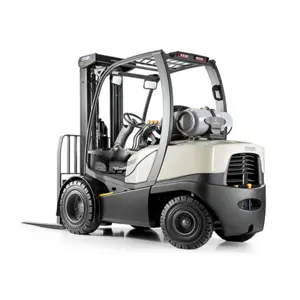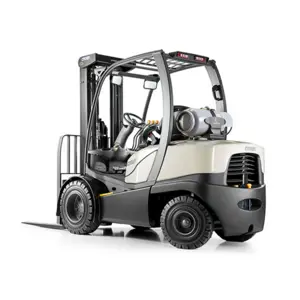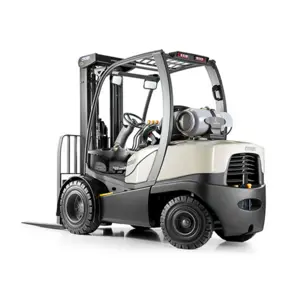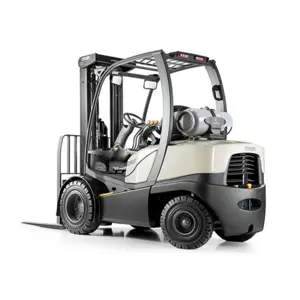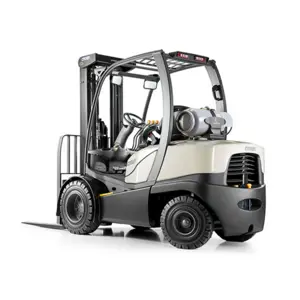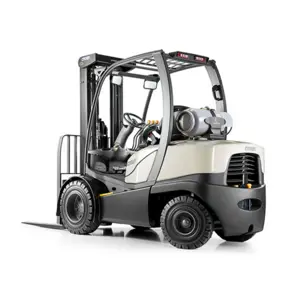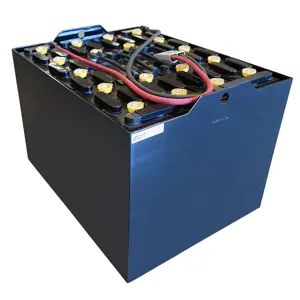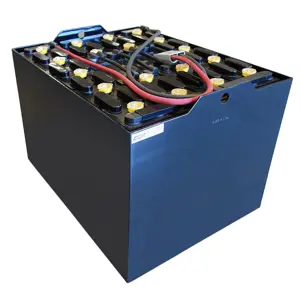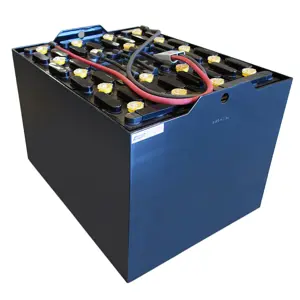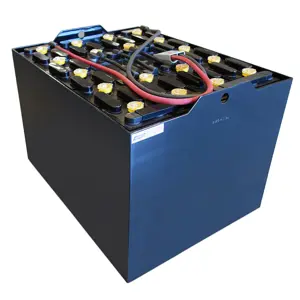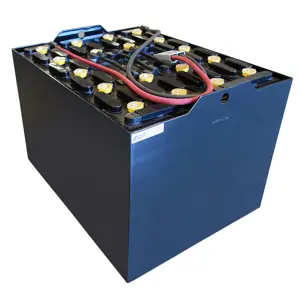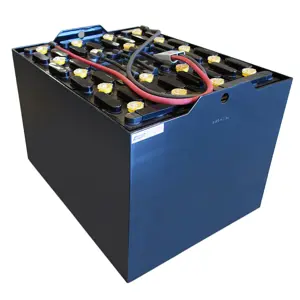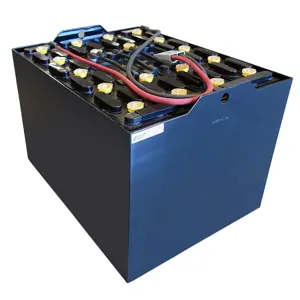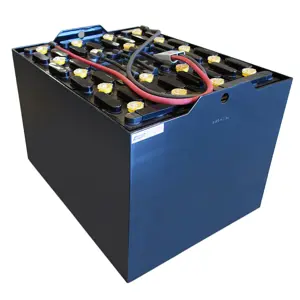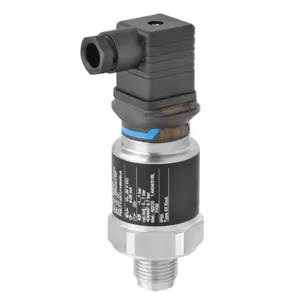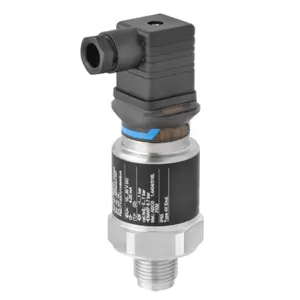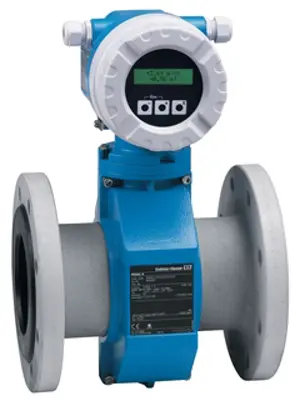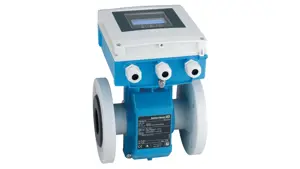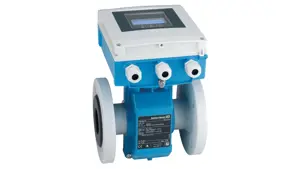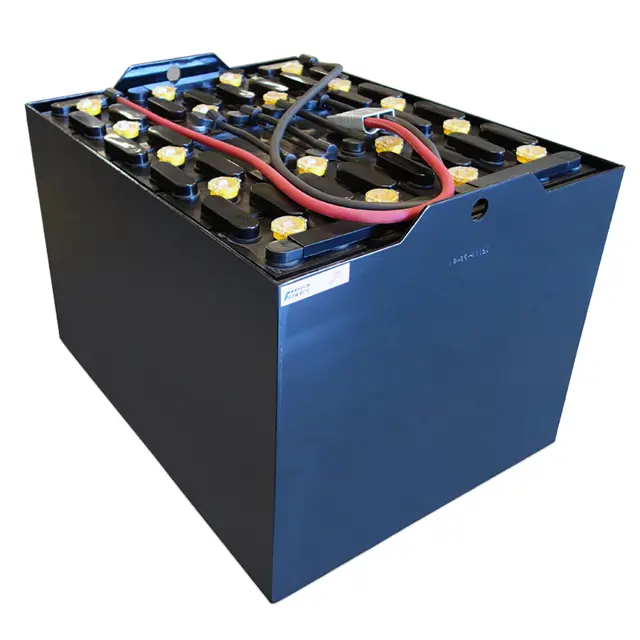

The Crown Battery 18-90VTA-27 is a high-performance industrial battery designed for demanding applications. Known for its reliability and durability, this model provides exceptional power and efficiency, making it ideal for various industrial equipment needs. Trust Crown Battery for superior energy solutions.
Turn manuals into instant answers
with your AI-powered assistantTurn manuals into instant answers
with your AI-powered assistant
Manual for Crown Battery 18-90VTA-27
Complete asset maintenance, one click away
Get instant access to all the maintenance information you need. Empower technicians to perform preventive maintenance with asset packages, ready to use right out of the box.
Documents & Manuals
Find all the essential guides in one place.
Tensioning Guide
Belt-diagram
C-120 pulleys
+ 13 more
Work Order Templates
Pre-built workflows to keep your asset running smoothly.
Daily Electrical System Inspection
Replace Roller and Pulley
Install Engine B-120
+ 29 more
Procedures
Integrate maintenance plans directly into your work orders.
Motion Industries
Applied Industrial Technologies
Electrical Brothers
+ 5 more
Parts
Access the parts list for your equipment in MaintainX.
Drive Motor
B2 Rollers
Tensioning System
+ 40 more

Crown Battery 18-90VTA-27
Create an account to install this asset package.
Maintenance Plans for Crown Battery Model 18-90VTA-27
Integrate maintenance plans directly into your work orders in MaintainX.
Battery Opportunity Charging
Warning: This procedure requires trained personnel!
Is the battery in the truck?
Enter the current battery charge in amperes
If the charger is rated higher than the connector on the battery, proceed with the following modifications:
Select the modifications made
After modifications, adjust the charger settings as follows:
Select the adjusted charger setting
Sign off on the battery opportunity charging
Sulfated Batteries Maintenance
- Lead Acid Motive Power Batteries can become unbalanced or sulfated if they are not recharged or equalize charged on a regular basis
Likewise over-discharging or unbalanced discharge can cause low uneven cell voltages. The treatment for restoring the battery to its full potential involves charging and discharging the battery in a very tightly controlled manor
This is a last resort remedy in order to salvage a battery that's been allowed to get into this condition. This may or may not be successful, as sulfate is extremely hard to remove from the cell plates and if let in this condition, may not be reversible
Step 1.
A. Charge the battery as normal to a fully charged condition.
B. Record all individual cell voltages and specific gravities. These readings will be used later to measure how successtul the treatment was.
C. Starting with a cool (less than 80°F) fully charged battery, charge the battery at 2.5 amps per 100 amps of battery capacity. A 24-85FC-21 has a capacity of 850 A.H. Therefore the charge rate would be 21 amps. Charge the battery for at least 24 hours. Stop the charge, if the battery temperature goes to 120°F or higher.
Step 2.
A. Let the battery cool back down to about 80°F
Battery Capacity Test
- A capacity test enables you to determine the capacity a battery actually delivers as compared to its rated capacity. This test can help determine if a battery should be repaired or replaced. When a battery delivers less than 80% of its rated capacity, the remaining capacity will decrease with each additional cycle
- It should be replaced before its cells fail and cause low-voltage operation of the vehicle, which can cause damage to the trucks electrical system
- A capacity test is performed by discharging a fully charged battery at a fixed rate (see chart on page 30) while monitoring specific test conditions, methods and procedures
- The six-hour rated discharge time is based on an electrolyte temperature of 77°F (25°C). Any deviation to that temperature, a correction to the six-hour rated time must be made
PROCEDURES FOR CAPACITY DISCHARGING:
1) Battery must be fully charged.
2) Specific gravities must be at manufacturers specifications, otherwise they must be adjusted accordingly.
3) Battery should be allowed to cool down prior to testing. Ideally, the temperature should be 75°F to 85°F. Otherwise the voltages will be affected by the temperature and the capacity must be temperature corrected.
4) Battery should be discharged within 24 hours of completion of charging and acid adjustment.
2 Monthly Battery Maintenance
Equalizing Charge
Check uniformity of construction and content in each cell
Check if some cells take less charge than others
Check if cells with a lower state of charge are up to the same level as the others
Check if cells with a higher state of charge are somewhat overcharged
Enter the frequency of equalization
Operational Costs
Check if unnecessary equalizing charges are consuming electricity
Check if unnecessary equalizing charges are causing significant loss of battery life
1 Daily Battery Water Replacement
- A certain amount of water loss is normal in all batteries and it should be replaced with "pure" tap or distilled water. In some areas around the country, tap water may contain chemicals or other impurities harmful to batteries. If water is needed, add just enough to bring the electrolyte to the proper level. Batteries should be filled only at the end of the charging cycle
- Overfilling is the most common error made when watering and it can cause tray corrosion. Since tray corrosion can cause extensive damage to batteries and vehicles, extreme caution must be taken to avoid overfilling the batteries
Tray Corrosion:
- Motive power battery trays are mostly made of steel that is protected with an acid resistant coating
Regardless of how good the coating is, if a break in the coating exposes the steel tray to sulfuric acid spilled from the battery, the acid will corrode the tray. How quickly the tray corrodes depends on how much and how often acid is spilled on top of the battery and how often the battery is cleaned
- The major cause of tray corrosion is overwatering or overfilling a battery. When overfilled, the electrolyte will spill on top of the battery. Although the water in the electrolyte will evaporate, the highly concentrated acid solution remains and gives the appearance of dampness. If the acid is not removed, the tray will eventually corrode
- To prevent corrosion, batteries should be cleaned any time the accumulation of dampness or acid becomes significant
- A good technique to follow while watering batteries is to use a flashlight focused on the vent hole being watered. Visually watch the electrolyte level rise and stop watering the instant the proper level is reached
- Each cell is filled the same way. Cell filling equipment that automatically fills batteries to the proper level is available
Unlock efficiency
with MaintainX CoPilot
MaintainX CoPilot is your expert colleague, on call 24/7, helping your team find the answers they need to keep equipment running.
Reduce Unplanned Downtime
Ensure your team follows consistent procedures to minimize equipment failures and costly delays.
Maximize Asset Availability
Keep your assets running longer and more reliably, with standardized maintenance workflows from OEM manuals.
Lower Maintenance Costs
Turn any technician into an expert to streamline operations, maintain more assets, and reduce overall costs.
Thousands of companies manage their assets with MaintainX
















